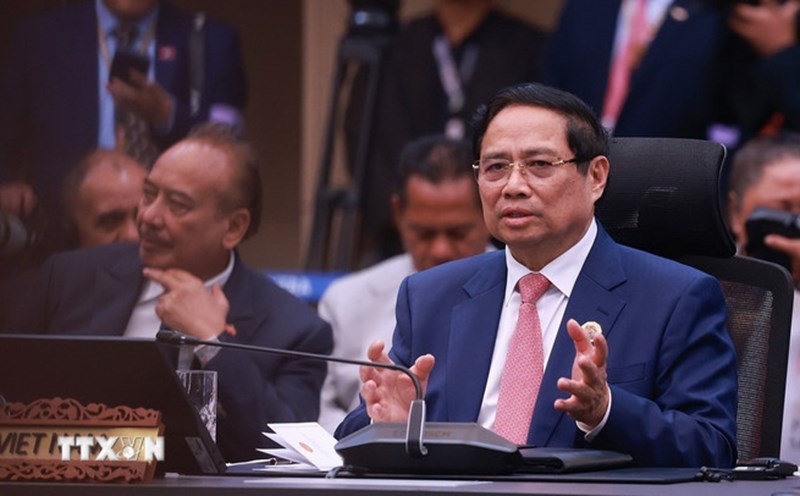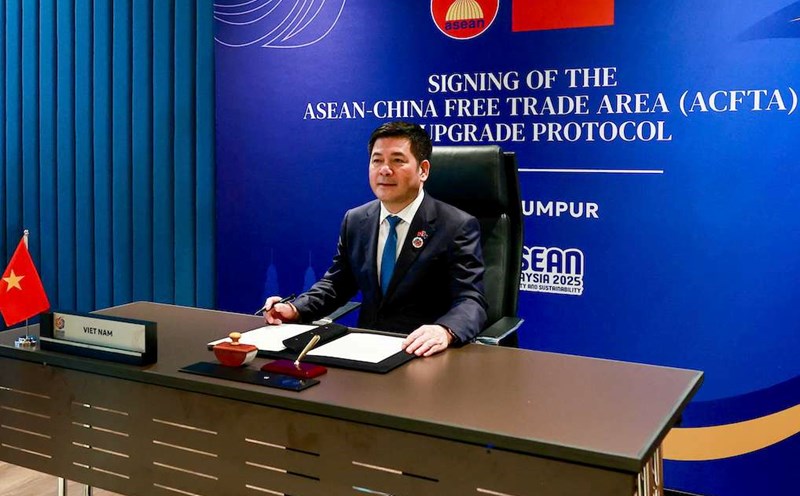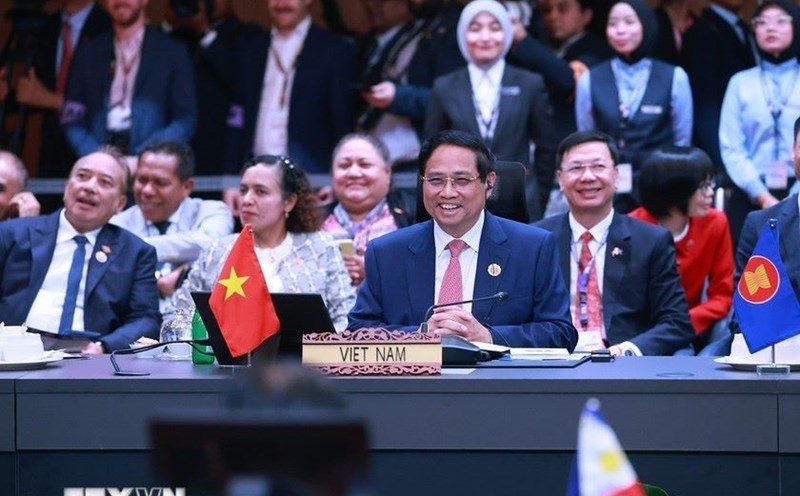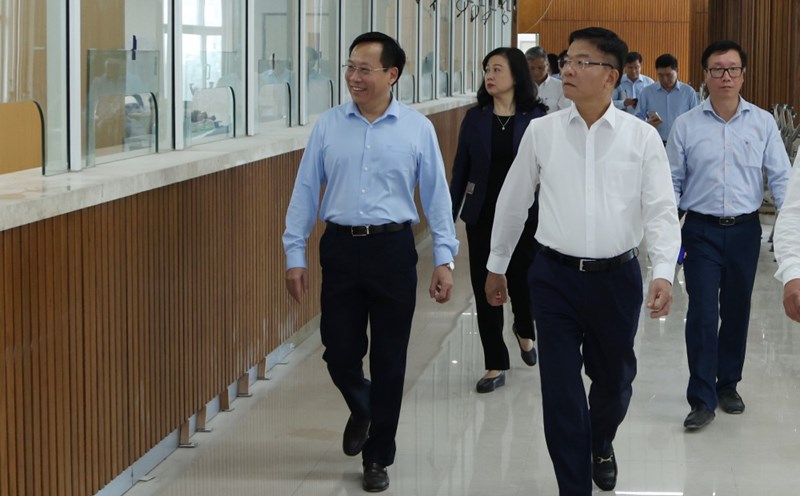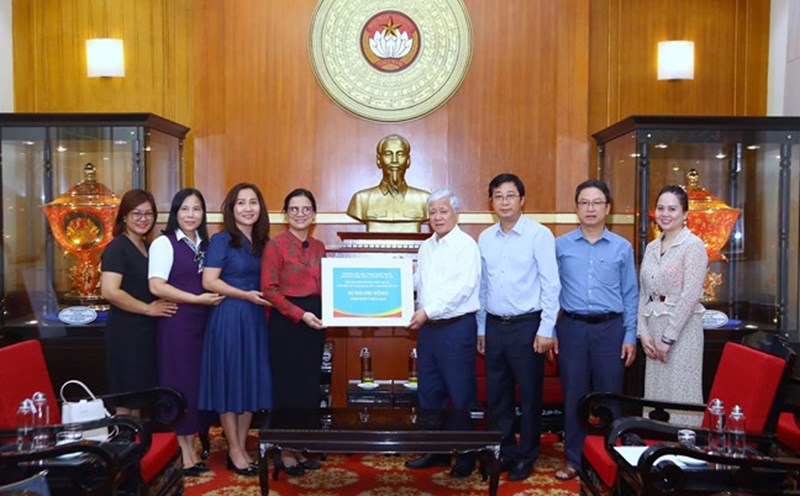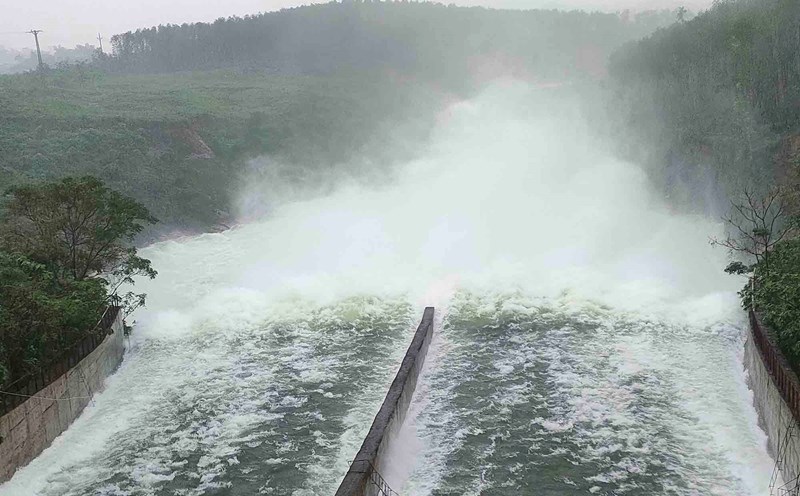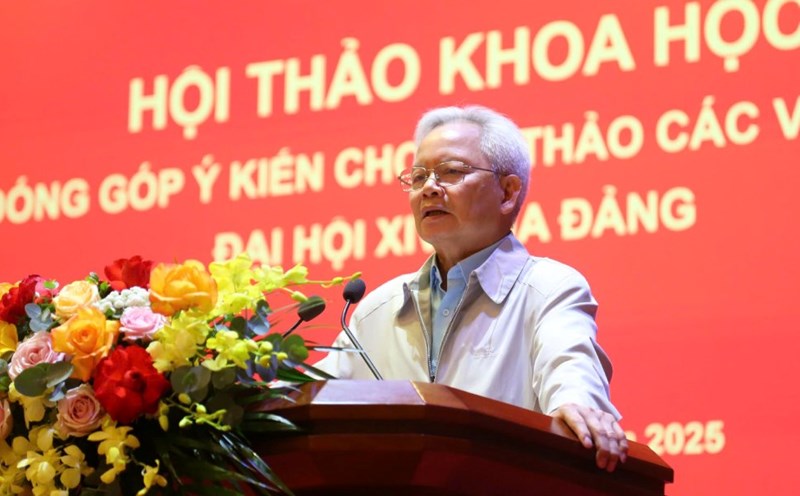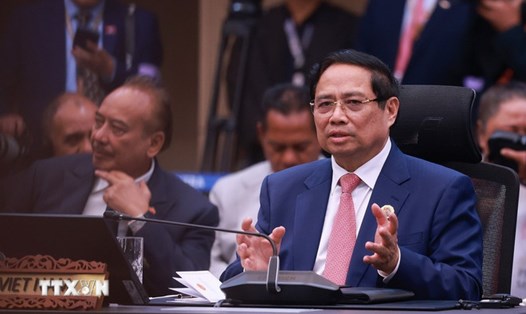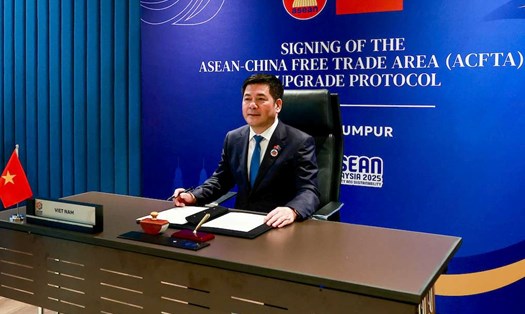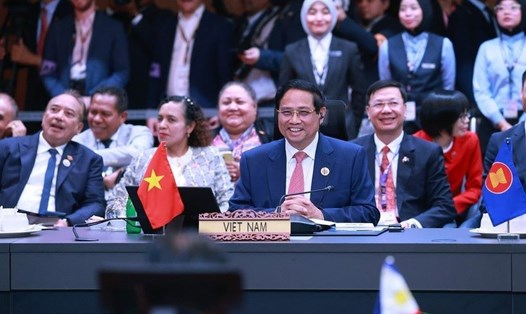On the morning of October 31, in Hanoi, the Ministry of Home Affairs held a conference to promote the ASEAN Cultural - Social Community (ASCC) in 2025, affirming Vietnam's pioneering role in the process of extensive international integration.
Speaking at the opening of the conference, Mr. Duong Quang Tuan - Director of the Department of International Cooperation (Ministry of Home Affairs) - emphasized that the conference is an important occasion to raise awareness of the process of building the ASEAN Community in general and the Cultural - Social Community in particular.
From there, Vietnam and other countries in Southeast Asia aim for the common goal: comprehensive, cohesive and sustainable development in the region.
Mr. Duong Quang Tuan emphasized: "Currently, Vietnam is strongly implementing administrative reform, streamlining the apparatus, and improving the effectiveness and efficiency of State management. This is the foundation for Vietnam to proactively integrate and promote its active role in regional cooperation mechanisms, including ASEAN".
According to Mr. Duong Quang Tuan, 2025 marks the first decade of the ASEAN Cultural - Social Community officially coming into operation, and is also the 35th anniversary of Vietnam's admission to ASEAN. Marking a journey of extensive integration, it demonstrates Vietnam's strong commitment to working with member countries to build a stable, dynamic region with people at the center.
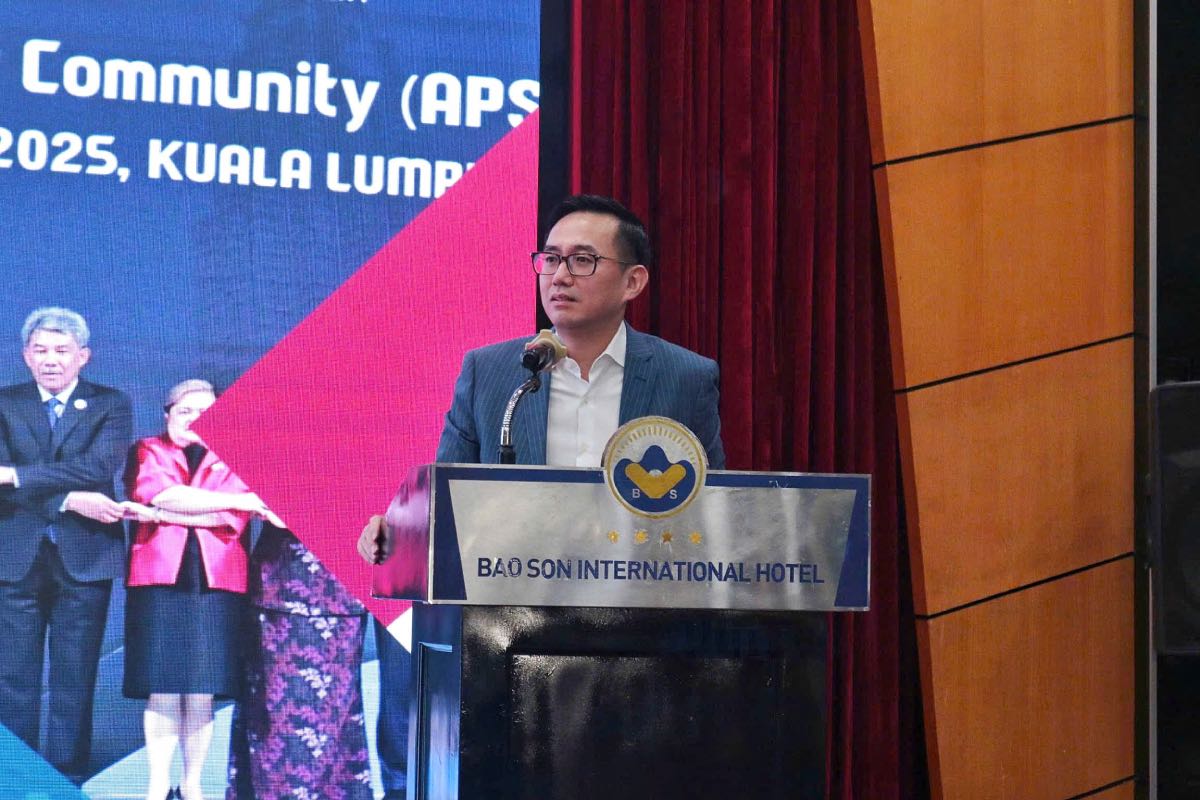
At the conference, Ambassador Tran Duc Binh - Director of the ASEAN Department (Ministry of Foreign Affairs) - presented a report assessing the implementation results of the ASEAN Community Master Plan 2025.
Accordingly, after 10 years of implementing the Master Plan for the ASEAN Security Community (2015 - 2025), ASEAN has completed 289/290 actions, reaching a rate of more than 99%; reflecting the persistent efforts of cooperation between member countries in maintaining a peaceful and stable environment and strengthening regional trust.
ASEAN currently has 11 full-fledged dialogue partners and 14 development partners, and signed 7 Free Trade Agreements (FTAs) with major economy countries such as China, Japan, South Korea, India and the European Union.
"These results affirm ASEAN's central role in the regional structure, not only in the political and security aspect but also in economic linkages and development cooperation" - Mr. Tran Duc Binh affirmed.
In addition, Mr. Tran Duc Binh also frankly pointed out challenges in terms of resources and inter-sectoral coordination mechanisms in implementing action plans.
He said that in the coming time, ASEAN needs to improve its coordination and supervision capacity and soon develop a new master plan after 2025. Thereby, realizing the ASEAN Community Vision 2045 to become a dynamic, self-reliant, and sustainably connected community.
As the ASCC Chairman in Vietnam, the Ministry of Home Affairs affirmed its readiness to coordinate with ministries, branches and educational institutions in implementing related activities, in order to promote the participation of all parties in the process of realizing ASEAN Vision 2045, contributing to enhancing Vietnam's position in the region and in the international arena.

